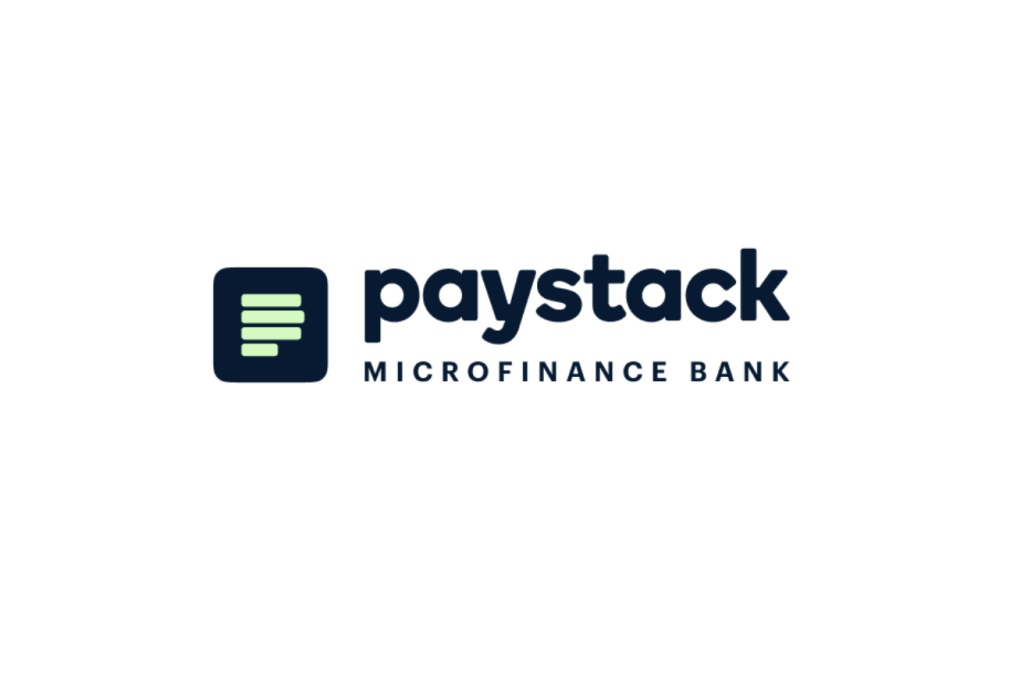By Hilary Utuke

Introduction
The focus of cybercriminals on Nigeria is alarming due to the increase in digitalization of the economy and expansion of social media users across the country. In 2024, Nigeria’s social media users increased by 16% which is up to 36.75 million users from the previous year. (DataReportal – Global Digital Insights)
However, this development increase the cyberattacks on social media as regards account hacking, which is a danger to businesses and individuals.
Cybercriminals use this opportunity to engage in activities like identity theft, impersonation, financial fraud, and spreading misinformation. In the 1st quarter of 2023, there was 64% increase in data breaches resulting in the need to take cybersecurity measures seriously (Business Insider Africa)
This article lists the improved methods that cybersecurity experts and digital marketers can use to reduce these attacks.
Scope of the Social Media Hacking Threat
The high rate of social media usage in Nigeria is one of the basic cause of cybercrime. According to Surfshark, he reported that as at early 2023, Nigeria has over 82,000 compromised user accounts, making it 46% increase quarterly (Business Insider Africa).
The Nigerian Communications Commission (NCC) has also reported an 80% rise in phishing attacks across platforms (DataReportal – Global Digital Insights).
There’s a constant target on platforms like Facebook, Instagram, and X (Formally known as Twitter) due to the high number of users. For instance, Instagram has 74% Increase in growth as their users reached 12.4 million Nigerians in January 2024
Key Vulnerabilities and Attack Vectors
Although traditional password theft and brute force attacks is still very common, there are newly found methods now
• Phishing and Social Engineering : Cybercriminals regularly use disguised messages from social media platforms to get sensitive information from users which is a method of using phishing campaigns. The record from phishing rates social media breaches high. Therefore, it is important for businesses to educate their users and leverage the use of anti-phishing technologies.
• Credential Reuse and Insider Threats: Attackers use the stolen information to access different social media platforms which sometimes work out to their favour. Login details that are weak especially in businesses that allow multiple staff have access to their social media accounts increase the risk.
• Third-party Application Exploitation: It’s common for businesses to use the third-party tools for automation and data gathering which indirectly give chance to cybercriminals. These attackers make use of the security lapses in APIs to access the profiles.
Advanced Strategies for Cybersecurity Experts
The Cybersecurity experts in Nigeria must upgrade their protective methods as cyber threats continue to increase largely. Below are upgraded methods to avoid the risks:
• Behavioral Analytics and Anomaly Detection: Introducing machine learning-powered behavioral analytics is another way to stop the account theft. Regular check of user behavioral patterns and flagging anomalies- like change of login locations or change in account settings- can make them discover the attempts of attack.
• Zero Trust Architecture: The Zero Trust ensure that there’s a strict control of access, this categorically ensures that users are also suspects. Social media security must request for extra mode of verification for actions like profile changes or new device logins. Adding Multi-Factor Authentication also boost the security.
• Tokenization and Encryption: Tokenization of user details make sure that the attackers are not able to successfully have access even if the account is hacked. A strong encryption reduce the access of unauthorized users.
Strategic Interventions for Digital Marketers
Digital marketers also gave thier role in the security of social media accounts. They can help to reduce the effects of cyber attacks by following this methods:
• Securing Marketing Automation Tools: Digital marketers need to check the digital tools they use in scheduling, handling content management or data analysis for strong security procedures. Such as API checks, timely updates, and integration audits.
• Cyber Hygiene Campaigns: Inform users and consumers on the best practices like Securing personal accounts and recognising phishing attacks as this will help to reduce social engineering attacks. Businesses and popular influencers can show others how to remain safe on social media.
• Crisis Management Protocols: Implementing an incident response protocols is very important. Digital marketers should involve cybersecurity experts to be on alert for any possible attack to inform users and collaborators.
Conclusion
In 2024, cybersecurity threats is one of the major issues in Nigeria especially social media account hacking. With increase in this acts cybersecurity experts must look for ways to intercept with technologies like Zero Trust Architecture and Machine learning-based threat detection to be on alert for cybercriminals. Digital marketers must be ready to protect their tools and also make informative campaigns that promote cybersecurity practices.
Constant effort between cybersecurity experts and marketers can safeguard Nigeria’s Digital ecosystem and prevent personal and business accounts from cyber attacks.
Hilary Utuke is the CEO of Korlod Works, a top Digital Marketing firm in Lagos. He’s authored four books including “Digital Strategies for Online Brand Visibility” and created Digital Luminary Pro (TM), a model helping Nigerian Thought Leaders connect with Millenials and GenZ audiences.
.










